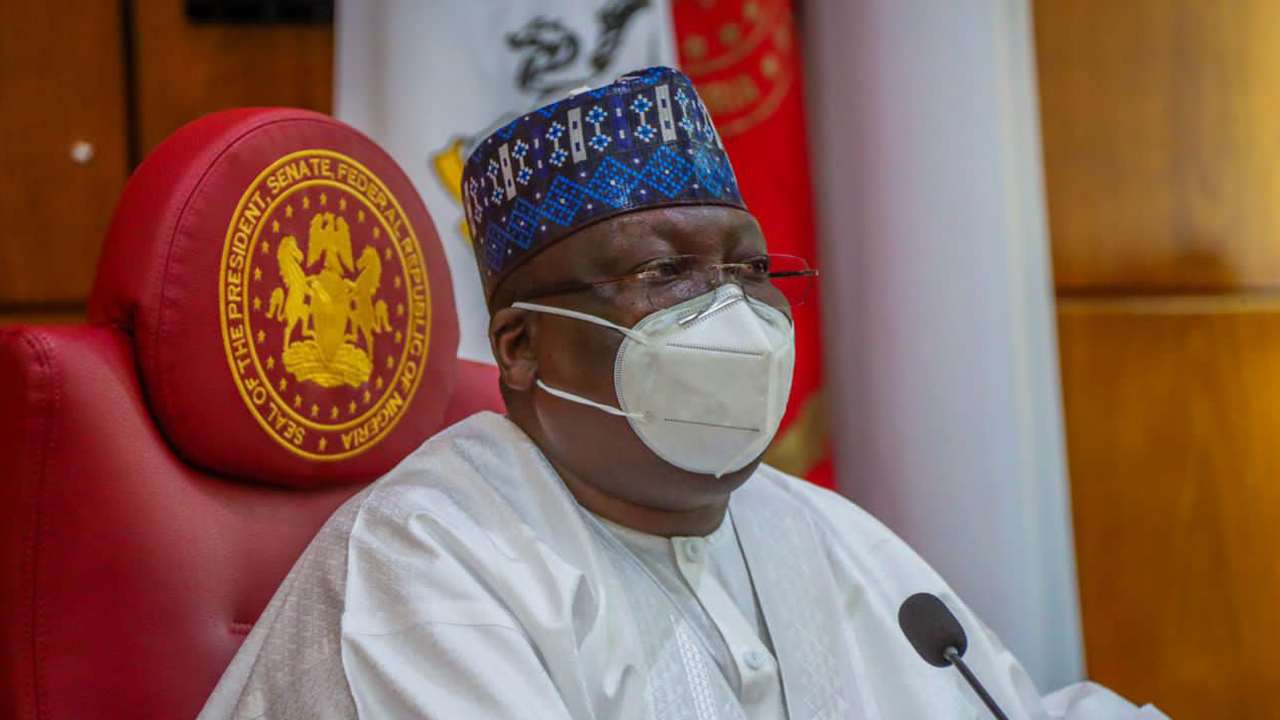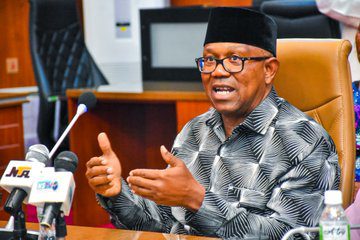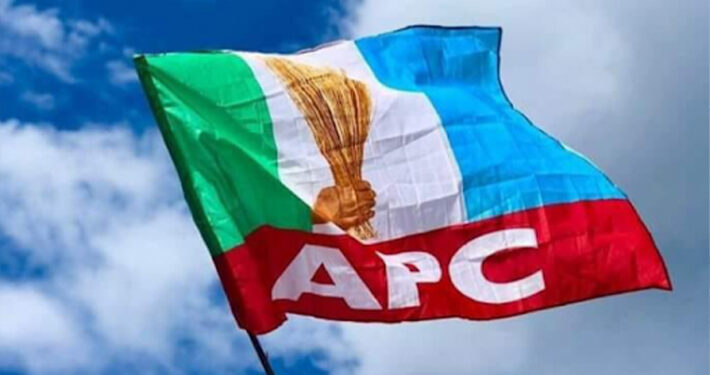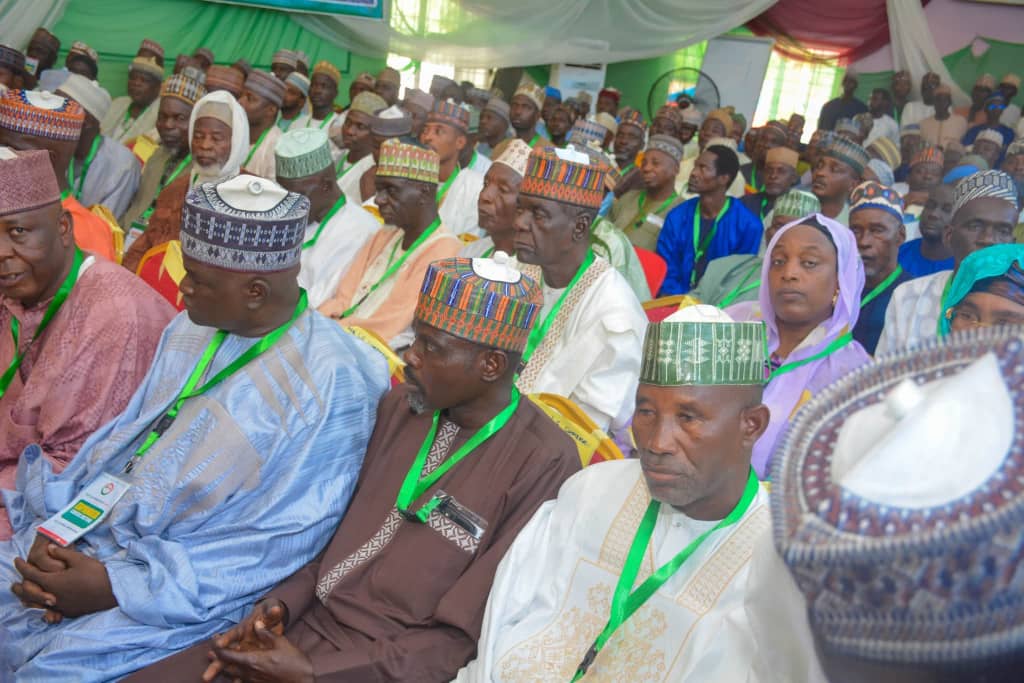By John Akubo, Abuja
The apprehension among lawmakers in the 9th National Assembly over the enormous powers at the disposal of executive governors of the 36 States of the federation influenced the amendment of the 2022 Electoral Act.
The just-concluded primary elections by political parties, especially the ruling All Progressives Congress (APC) and the major opposition party, the Peoples Democratic Party (PDP), have further shown that governors own delegates.

Despite efforts by the legislature to whittle down that power through the amendment, the governors still had the final say.
The lawmakers had slammed the mandatory use of direct primaries on all political parties in the electoral amended bill, however, President Muhammadu Buhari declined to sign the bill until it was amended to include, indirect and consensus modes.
The lawmakers inserted Section 84(12) in the Act to reduce the influence of the executive during primary elections and party conventions.
The section provides thus: “No political appointee at any level shall be a voting delegate or be voted for at the convention or congress of any political party for the purpose of the nomination of candidates for any election.” This was also the subject of controversy after President Buhari had asserted the electoral act 2022.
The President specifically asked the lawmakers to expunge the section outright, which they refused till it became a subject of litigation.
Also, the lawmakers in what seemed like oversight left out the provision for statutory delegates to participate in the primary elections, only to realise they had shut the doors against their own participation. Then they began to struggle to correct the error in a fresh amendment to include statutory delegates. But it was too late.
After declining the request by the President to expunge section 84(12), the lawmakers discovered their error, which shut out statutory delegates including the president, Vice President, governors and their deputies, former and current members of the National Assembly as well as state and national officers of the party from voting as automatic delegates.
The parliament immediately reconvened and passed the amendment bill in one day, however, President Buhari also refused to assent to the bill.
As the primaries are over, the lawmakers would have discovered that it was foolhardy on their part to battle for control of delegates with governors, who still hold the aces, as leaders of their parties at the state level, hence they play the piper and dictate its tune.
After all, many lawmakers got elected because their governors wanted them at the time.
So far, more than 70 per cent of the 469 members of the National Assembly will not return, if the outcome of the primaries of parties is anything to go by, not to talk about the general election that promises to throw up more surprises.
A number of the lawmakers lost out in the power game for the control of states with governors, who have always determined who emerges as standard-bearers at all levels in the country.
Even at the national level, Ahmad Lawan who chairs the National Assembly picked the APC Presidential nomination forms to contest for president in 2023, after some individuals in Aso Rock had persuaded and assured him.
He fell victim to the governors’ power play and influence.
The National Chairman of the party, Senator Abdullahi Adamu had announced the Senate President’s name Ahmad Lawan as the consensus presidential candidate, but 10 Northern governors stood against him that it was the turn of the South.
Hence, the party was forced into a primary election where the national leader of the APC, Bola Tinubu won by a landslide.
With the outcome of the primaries, the 10th National Assembly is going to be dominated by fresh legislators, which could have the attendant adverse effect of lack of institutional memory, which is supposed to aid legislation.
However, some lawmakers made it to the primary stage. Some senators, of their own volition, decided not to pick forms to return. Some decided to go for the presidency or governorship.
These have to a greater extent exposed the flaws in the 1999 Constitution as amended, which many stakeholders have always faulted.
In many states, lawmakers who would have loved to return to the National Assembly could not secure their party’s ticket because of the interest of their governors.
Senator representing Enugu North, Chukwuma Utazi at a Policy Dialogue, on “Constituency projects in the 2023 electioneering campaigns,”organised by OrderPaper in partnership with Budget and MacArthur Foundation in Abuja, spoke his mind on the matter saying, he was not returning to the National Assembly as he did not go for the primary.
“Does it mean I don’t want to come back to the parliament? The answer is no. What is on the ground cannot permit me to return. I can’t return because my governor wants to be here so I have to go.
“That is just the issue. Am I done with this place? No. You know the longer you stay in the parliament the more experience you get because you will develop institutional memory.
“You will use that institutional memory to help and better the lots of your people but in our clime, it is a status symbol. People want to answer the name senator, everybody wants to be here, so to be a senator is an important position.”
When asked about the solution since the governors are still in charge, he said,
“The solution is for Nigeria to come to a point where the major traditional political parties will no longer be the issue. I have been a major proponent of independent candidacy.
“In the last constitutional amendment I fought for it but we couldn’t get through. That is the only way we can have a semblance of democracy but once you have these two traditional parties putting people there, it becomes very difficult.
“The consciousness is already building up. The status quo may no longer stand. So it has started, we have to build on it and keep the momentum so that you continue getting the type of people you want in the parliament.
“Parliament is a different ball game, it is not executive. There are lots of things required to have an effective representation in the parliament.”
Consequently, when lawmakers resumed their recess last week, it was lamentation galore, from the President of the Senate Ahmed Lawan to the Speaker of the House of Representatives Femi Gbajabiamila.
The two principal officers bemoaned lawmakers’ loss of return tickets, even as they faulted the nation’s electoral system. Unfortunately, they had enough time to make necessary amendments, but they were in blind pursuit of governors.
Speaking during the resumption of legislative business, which was suspended to allow lawmakers to fight the battle for return tickets ahead of the 2023 general elections, Gbajabiamila blamed the delegates system for the rejection of his colleagues in the recent primaries held across the country.
He said: “It is rather unfortunate that the process went the way it went. I make bold to say, here, that the legislature has, once again, suffered losses. The loss really is not for members who lost; it is a loss to democracy, the institution and to the country.
“If it means anything, I know and I am aware that many of our members did not lose their primaries because they were rejected by their constituents. Many of our members lost because of the process, which we foresaw in the House of Representatives – the delegates system, which, unfortunately, is not what a delegates system is supposed to be.”
He added: “Many of our members lost because they were not even given a fair shot. We have good legislators, both here in the chambers and back home, who are probably not coming back because of this same process.
“When we fought for direct primaries in this House, we knew exactly what we were saying. It pains me very deeply that the process has gone the way it has. We will continue to push and continue to fight for our members, for democracy, for the institution and this country.”
Lawan on his part admitted the electoral process threw up new issues that may need to be addressed by the parliament. He gave assurance that the National Assembly would look at the issues, with a view to addressing them and making the electoral process better.
According to him, “the Electoral Act itself, even though a good document, is not a perfect one. So, it needs some refinement from time to time to improve our electoral process.” He expressed sympathy for colleagues that lost out at primaries, even as he congratulated winners.
BY now, National Assembly members should have known better not to go into a chase of delegates with governors. The main issue at stake is the enormous power and resources at the disposal of the governors to do and undo.
A former Governor of Jigawa State, Sule Lamido while reacting to section 84(12) of the Electoral Act in an interview with The Guardian recently asked National Assembly members to bury their heads in shame over the controversial section.
He blamed the lawmakers and their selfish interests for bringing in the section, which Buhari asked them to delete.
According to him: “Historically, since our days in the National Assembly, way back in 1979, there has been this contest between the National Assembly members and governors, even though members get elected through the influence of their governors.
“By the time they converge at the National Assembly they begin to find power in their associations and groups as an institution and begin to see how they can best promote their interests rather than making the right laws to govern Nigeria in the most effective way.
“They begin to bring in their interests and use their positions in the National Assembly to address issues, which can’t assure them of their security.
“Anybody who dares to confront a governor by engaging in power contest simply because they are in the National Assembly, by the time they are through with their tenure they are going back home.
“I think the President is right. It is Buhari who is telling them their law is defective, in contrast with the Nigerian Constitution. I just can’t believe that, it is laughable and very embarrassing. Most of them are old civil servants, professors and lawyers. But they are blinded by their ambition and begin to address issues, which are even illegal and against the Constitution.
“I see what they have done as a huge embarrassment to their individual personalities and to the institution of lawmaking because of their desperation to cling to power.”
Culled from the Guardian




